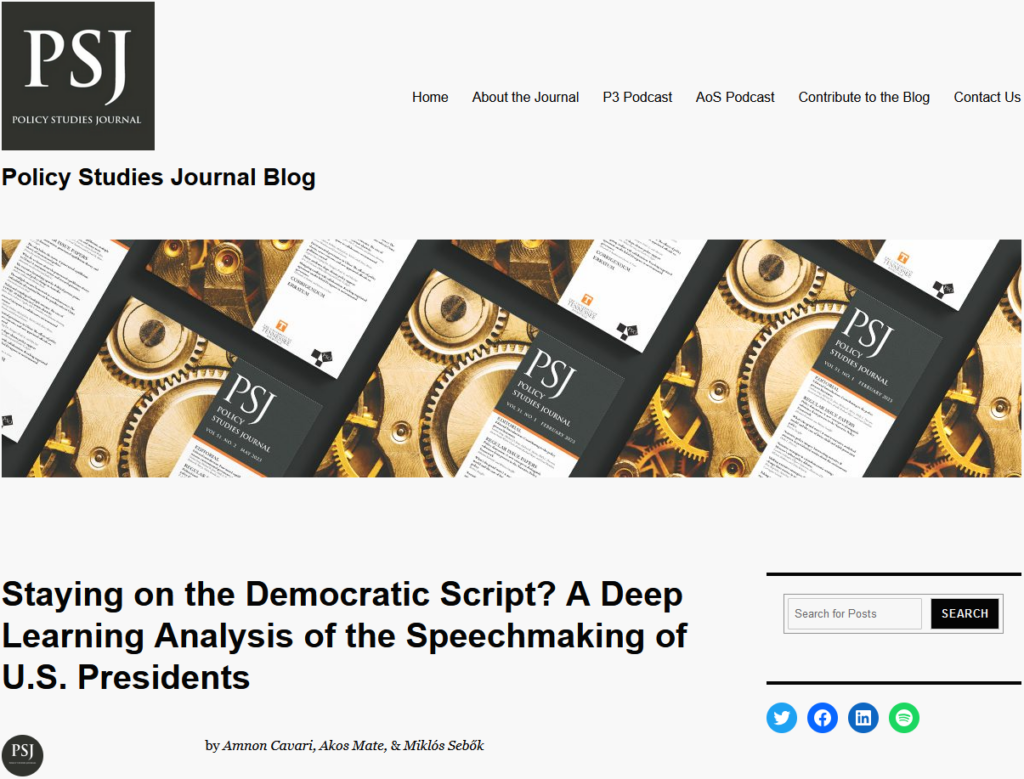18 February 2025 – ParlLawSpeech: 3 Million Parliamentary Speeches and Thousands of Laws in poltextLAB’s New Database
Researchers and data analysts now have access to the ParlLawSpeech dataset, representing a groundbreaking advancement in the analysis of political texts. The collection includes more than 40,000 legislative bills, 28,000 adopted laws, and 3 million parliamentary speeches from seven countries (Austria, Czech Republic, Germany, Denmark, Spain, Croatia, Hungary) and the European Union. This database is particularly valuable for those studying democracy using modern Text-as-Data, Natural Language Processing (NLP), or Large Language Model (LLM)-based methods. The dataset was developed within the framework of the Horizon2020 OPTED project, with support from institutions such as GESIS – Leibniz Institute for the Social Sciences, poltextLAB, and the Wissenschaftszentrum Berlin für Sozialforschung (WZB). The project aims to create new opportunities for a deeper understanding of political discourse and legislative processes.
